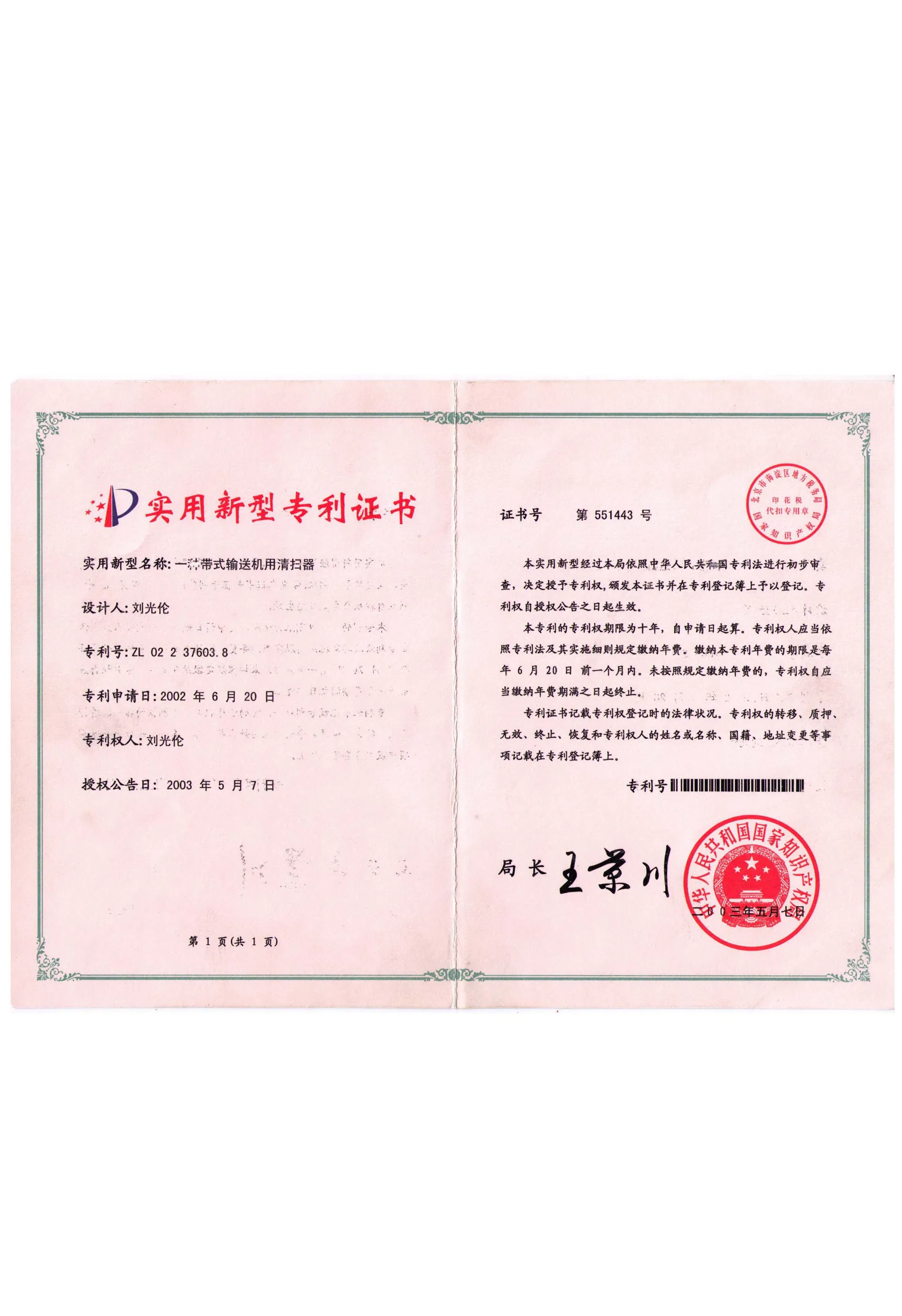 Afrikaans
Afrikaans  Albanian
Albanian  Amharic
Amharic  Arabic
Arabic  Armenian
Armenian  Azerbaijani
Azerbaijani  Basque
Basque  Belarusian
Belarusian  Bengali
Bengali  Bosnian
Bosnian  Bulgarian
Bulgarian  Catalan
Catalan  Cebuano
Cebuano  Corsican
Corsican  Croatian
Croatian  Czech
Czech  Danish
Danish  Dutch
Dutch  English
English  Esperanto
Esperanto  Estonian
Estonian  Finnish
Finnish  French
French  Frisian
Frisian  Galician
Galician  Georgian
Georgian  German
German  Greek
Greek  Gujarati
Gujarati  Haitian Creole
Haitian Creole  hausa
hausa  hawaiian
hawaiian  Hebrew
Hebrew  Hindi
Hindi  Miao
Miao  Hungarian
Hungarian  Icelandic
Icelandic  igbo
igbo  Indonesian
Indonesian  irish
irish  Italian
Italian  Japanese
Japanese  Javanese
Javanese  Kannada
Kannada  kazakh
kazakh  Khmer
Khmer  Rwandese
Rwandese  Korean
Korean  Kurdish
Kurdish  Kyrgyz
Kyrgyz  Lao
Lao  Latin
Latin  Latvian
Latvian  Lithuanian
Lithuanian  Luxembourgish
Luxembourgish  Macedonian
Macedonian  Malgashi
Malgashi  Malay
Malay  Malayalam
Malayalam  Maltese
Maltese  Maori
Maori  Marathi
Marathi  Mongolian
Mongolian  Myanmar
Myanmar  Nepali
Nepali  Norwegian
Norwegian  Norwegian
Norwegian  Occitan
Occitan  Pashto
Pashto  Persian
Persian  Polish
Polish  Portuguese
Portuguese  Punjabi
Punjabi  Romanian
Romanian  Russian
Russian  Samoan
Samoan  Scottish Gaelic
Scottish Gaelic  Serbian
Serbian  Sesotho
Sesotho  Shona
Shona  Sindhi
Sindhi  Sinhala
Sinhala  Slovak
Slovak  Slovenian
Slovenian  Somali
Somali  Spanish
Spanish  Sundanese
Sundanese  Swahili
Swahili  Swedish
Swedish  Tagalog
Tagalog  Tajik
Tajik  Tamil
Tamil  Tatar
Tatar  Telugu
Telugu  Thai
Thai  Turkish
Turkish  Turkmen
Turkmen  Ukrainian
Ukrainian  Urdu
Urdu  Uighur
Uighur  Uzbek
Uzbek  Vietnamese
Vietnamese  Welsh
Welsh  Bantu
Bantu  Yiddish
Yiddish  Yoruba
Yoruba  Zulu
Zulu Efficient Conveyor System Cleaning Solutions for Enhanced Performance and Maintenance
The Importance of Conveyor Cleaners in Industrial Operations
In various industrial sectors, conveyor systems play a critical role in the efficient movement of materials, whether in manufacturing, packaging, or distribution. However, the accumulation of dirt, dust, and debris on conveyor belts can seriously impede their functionality. This is where conveyor cleaners become an essential component of operational maintenance.
Conveyor cleaners are specifically designed tools or systems that effectively remove contaminants from conveyor belts, ensuring optimal performance and longevity. The need for a robust cleaning solution is paramount in environments such as food processing, pharmaceuticals, and mining, where hygiene and safety standards are non-negotiable.
One of the primary functions of a conveyor cleaner is to prevent product contamination. In the food industry, for instance, foreign materials clinging to conveyor belts can lead to unsafe products reaching consumers. This not only poses a health risk but can also tarnish a company’s reputation. Efficient conveyor cleaning systems mitigate these risks by ensuring that belts are sanitized and in compliance with health regulations, thereby fostering consumer trust and business integrity.
Moreover, regular cleaning of conveyor systems can significantly reduce the wear and tear on the equipment. Dirt and debris can cause friction, leading to premature wear on belts and mechanical components. By implementing a conveyor cleaning system, companies can save on maintenance costs and prolong the lifespan of their equipment. This proactive approach to maintenance ultimately translates to fewer breakdowns, enhanced productivity, and a more reliable operation.
conveyor cleaner

There are various types of conveyor cleaners available on the market, each suited to specific applications and environments. For instance, roller brushes are commonly used for their ability to dislodge stubborn debris, while scrapers are effective for maintaining smooth, clean surfaces on conveyor belts. Additionally, high-pressure washing systems can provide a deep clean for larger setups, especially in industries that require stringent sanitation measures.
Automation in conveyor cleaning has also gained traction in recent years. Automated cleaning systems can be scheduled to operate at off-peak hours, minimizing downtime while maximizing cleanliness. These systems are equipped with sensors and monitoring capabilities that ensure thorough cleaning and can alert maintenance personnel when the system requires attention. This intelligent approach not only enhances efficiency but also contributes to a safer work environment.
Worker safety is another critical factor tied to conveyor cleanliness. Slips and falls caused by slippery surfaces or debris can lead to serious injuries. By maintaining clean conveyor systems, businesses help protect their workforce, fostering a healthier and more productive workplace. Moreover, compliance with safety regulations is crucial, and regular cleaning routines can aid in adhering to these standards, minimizing the risk of incurring fines or legal issues.
In conclusion, the significance of conveyor cleaners in industrial operations cannot be overstated. They play a vital role in preventing product contamination, prolonging equipment life, enhancing operational efficiency, and ensuring worker safety. As industries continue to prioritize hygiene and efficiency, investing in effective conveyor cleaning systems is not only a wise choice but essential for any organization aiming to thrive in a competitive market. By incorporating advanced cleaning technologies and routines, companies can optimize their conveyor systems and pave the way for sustainable operational success.
-
Revolutionizing Conveyor Reliability with Advanced Rubber Lagging PulleysNewsJul.22,2025
-
Powering Precision and Durability with Expert Manufacturers of Conveyor ComponentsNewsJul.22,2025
-
Optimizing Conveyor Systems with Advanced Conveyor AccessoriesNewsJul.22,2025
-
Maximize Conveyor Efficiency with Quality Conveyor Idler PulleysNewsJul.22,2025
-
Future-Proof Your Conveyor System with High-Performance Polyurethane RollerNewsJul.22,2025
-
Driving Efficiency Forward with Quality Idlers and RollersNewsJul.22,2025





























